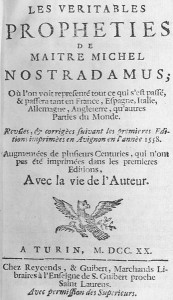 On the subject of prediction Wikipedia offers us this:
On the subject of prediction Wikipedia offers us this:
A prediction (Latin præ-, “before,” and dicere, “to say”) or forecast is a statement about the way things will happen in the future, often but not always based on experience or knowledge. While there is much overlap between prediction and forecast, a prediction may be a statement that some outcome is expected, while a forecast is more specific, and may cover a range of possible outcomes.
When writing – only a little more than six weeks ago – on the subject of the many difficulties that we faced in putting on the School’s promenade production of Parzival, I wrote thus:
“They are – of course – public school boys, and they will – therefore – naturally pull it all together at the last possible minute and triumph effortlessly yet again.”
What can I say?!
In spite of the fact that the weather did (and is, quite remarkably, still doing) its level best to persuade us that there will be no such thing as summer this year – on three overcast and gloomy days at the end of last week the clouds parted and the haze lifted just in time for each evening’s performance so that the gods could smile beneficently upon us.
In spite of the rushed nature of the final run-in to the performances – featuring as it did missing cast members, argumentative musicians and under-rehearsed business – as the first night approached the boys – responding to that deep-rooted public school instinct – rose to the challenge and turned in the first of three exemplary performances. As they gained in confidence and relaxed into their customary chutzpah these performances grew in stature. Needless to say I was delighted – for them and for myself – as well as being somewhat relieved and really most grateful.
I would love to have been able to post some images of the performances, though you will – of course – understand why I cannot do so.
The feedback received from both pupils and staff has been overwhelmingly positive and I am deeply grateful to all those who put in so much hard work to make this show happen.
Thank you!

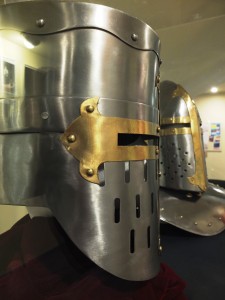
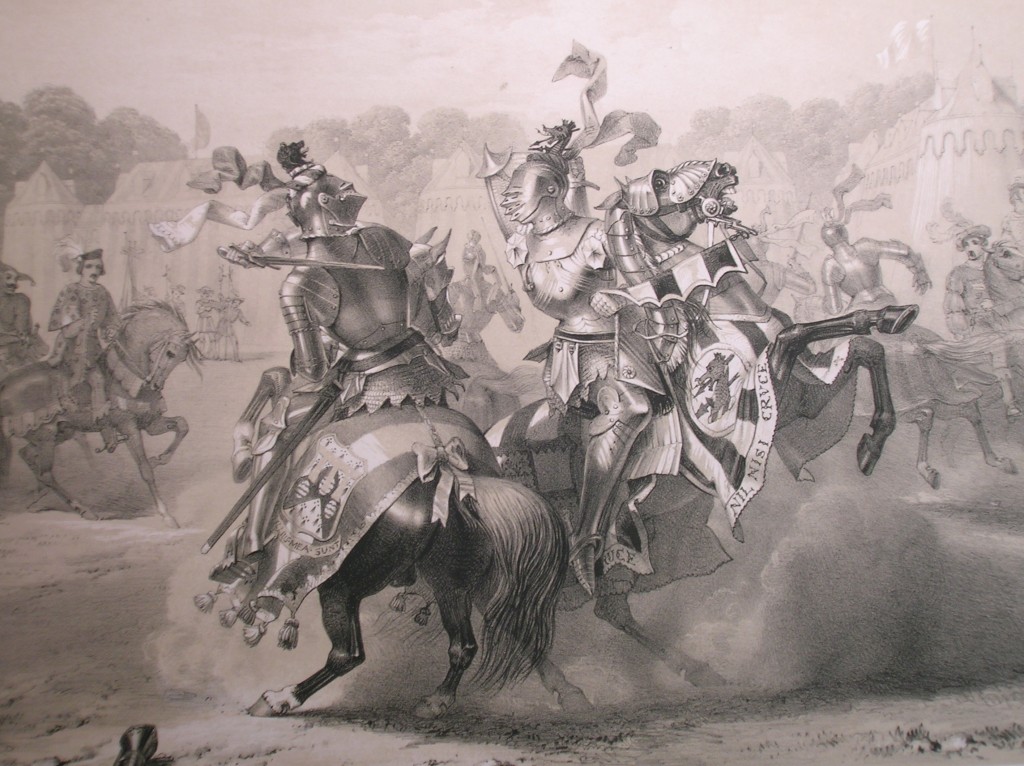
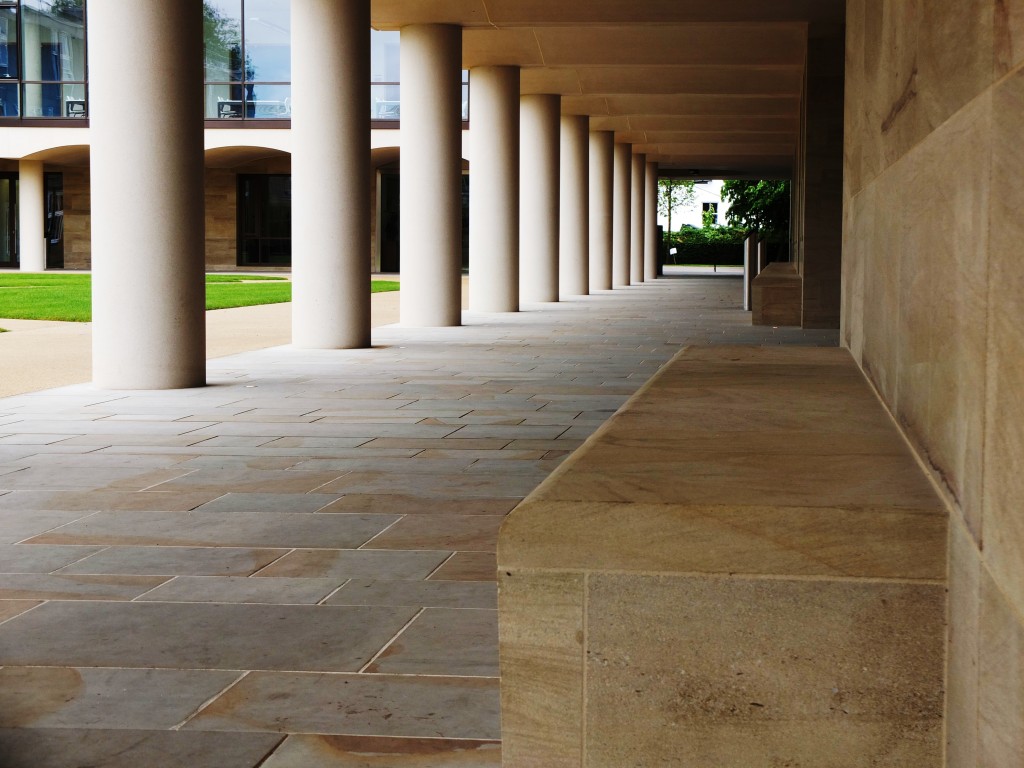
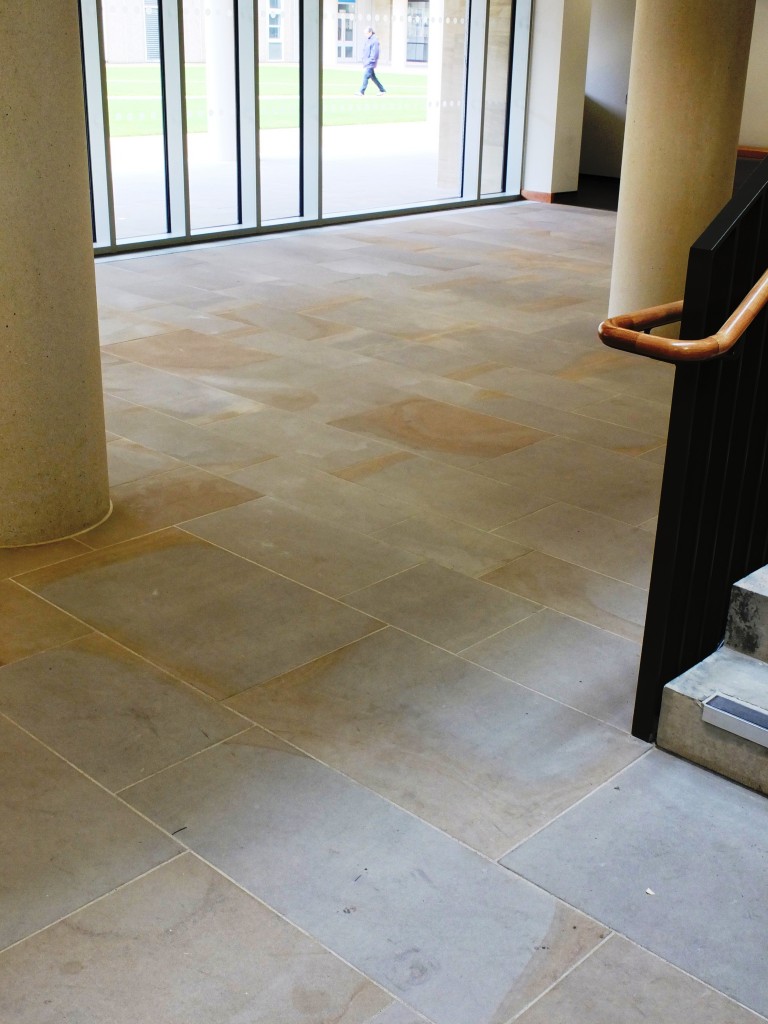


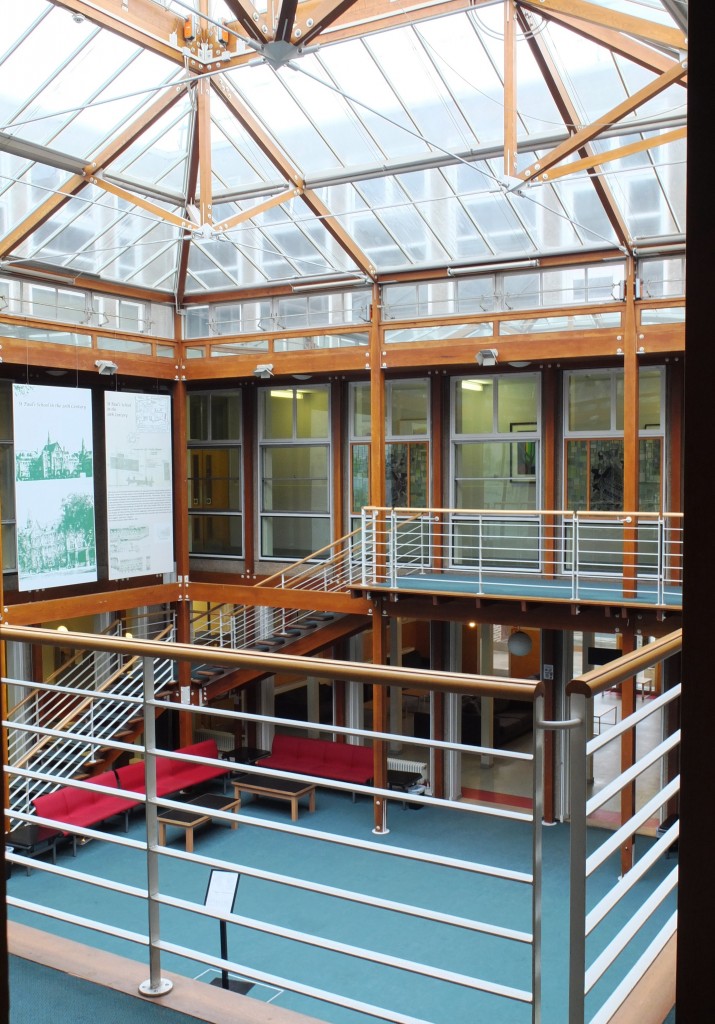
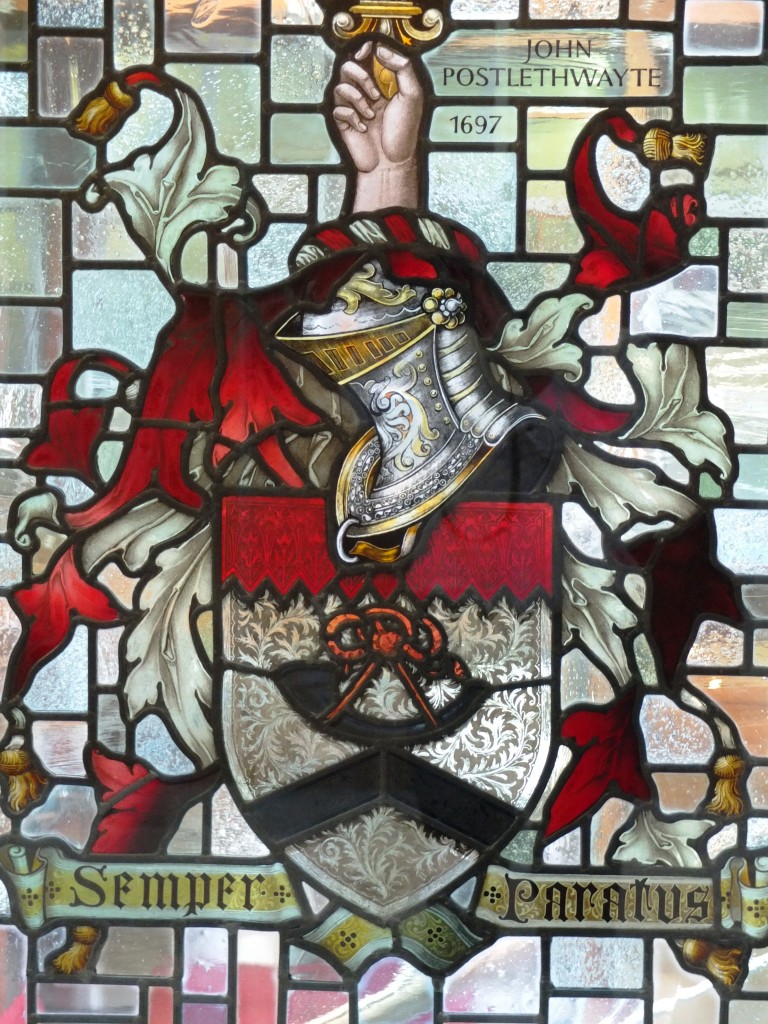
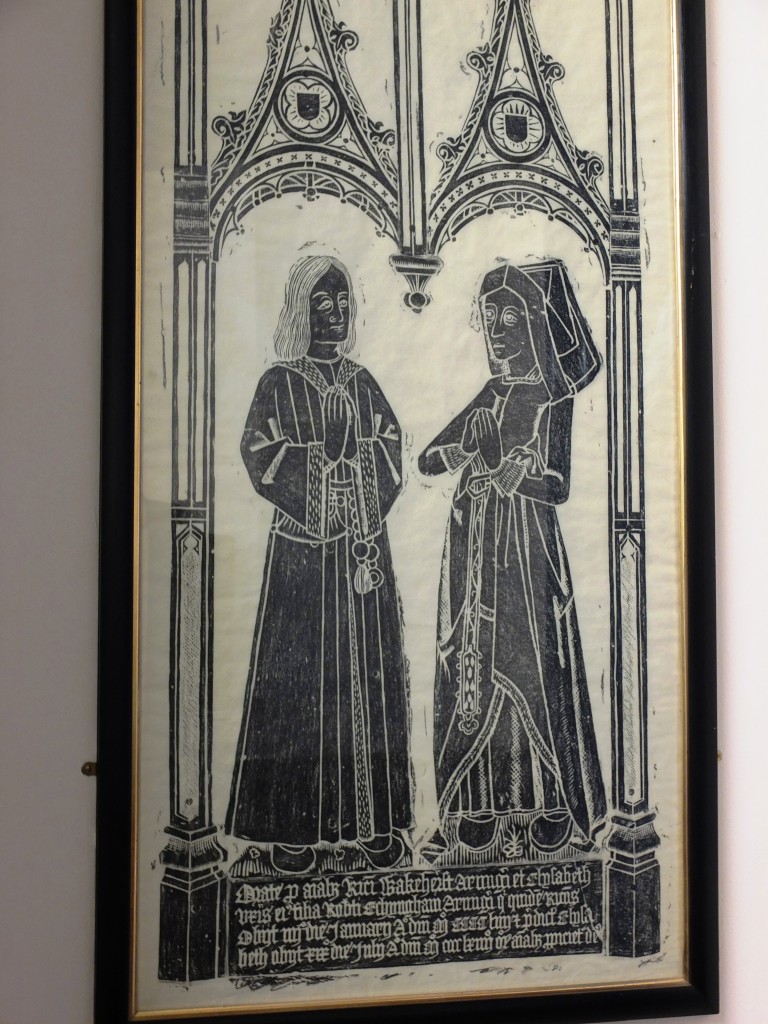

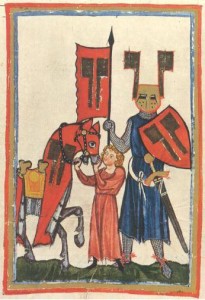
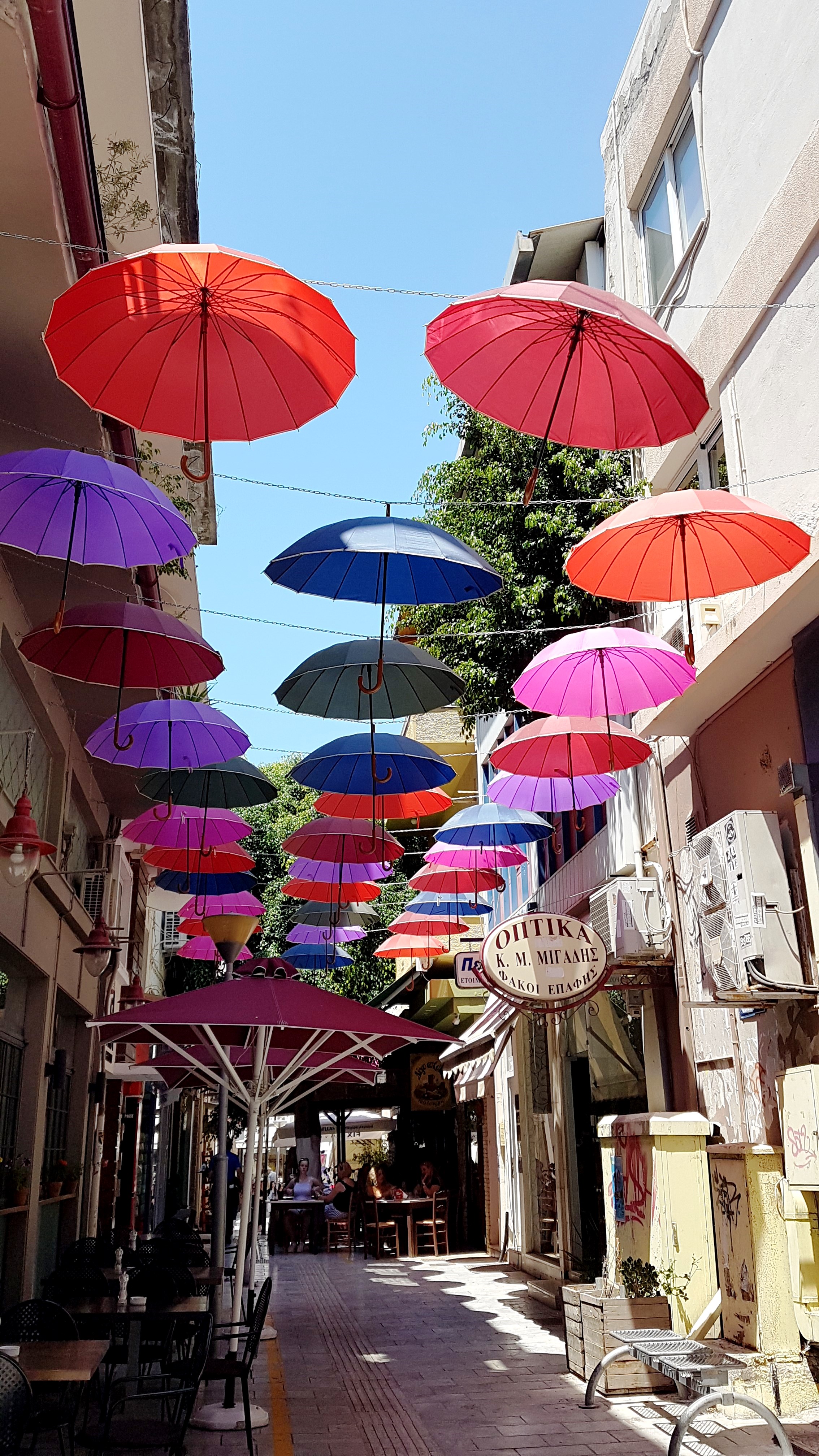


Recent Comments